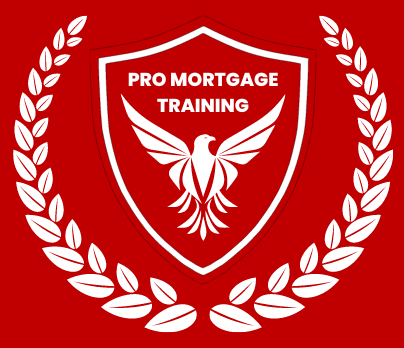What is a mortgage prequalification?

In order to understand what mortgage pre-qualification means, we first need to understand the language that is being used and often misunderstood. This guide will allow you to break down your income assets and credit scores to help you understand how much you can qualify for. you can do this all on your own but in case you’re not interested in doing math, you can always use our online advanced mortgage prequalification calculators.
What is mortgage prequalification?
Simply put, pre-qualification is one one or more borrowers goes through the mortgage qualification process to find out how much home they can afford to buy. This is not the same as going through the mortgage process, rather just a preliminary finding of your qualifications and limits to purchasing a home.
Mortgage prequalification vs pre-approval
Mortgage prequalification and mortgage pre-approval are similar terms but are very different indeed. a pre-qualification or pre-qual is merely an opinion from a non-lender advising you on what they believe you can qualify for. A pre-approval is a formal approval by an accredited lender, someone that can actually lend the money. They collect your income, asset and credit documentation and put it through an abbreviated underwriting process and issue you a conditional approval.
Using a mortgage prequalification vs pre approval for basic informational purposes. If you just want to have an idea of how much you can afford, what payments might be, a prequal is quick and simple and can be completed over the phone or online in just a few minutes.
Using a mortgage prequalification vs preapproval for home shopping and making offers.. If you are ready to begin looking for a home and prepare to make an offer than a full-blown credit approval or pre-approval through an accredited lender is the best way to go
Unfortunately these terms are intertwined, but are not the same. If you are in the looking stages of finding a home, The most beneficial process for you would be the pre-approval process. Submitting your documentation for credit review. Once you receive your conditional approval that will strengthen your offer. Both terms are a part of the mortgage prequal process.
The Pros and Cons of mortgage prequalification
Whether you decide to get pre-qualified or get pre-approved getting involved in a mortgage prequalification, the process will almost always benefit you. if you get pre-approved you’re going to find out whether or not A lender is willing to lend you the money. if they do approve your loan you can now take that pre-approval letter and Shop with it. when making real estate offer, an offer on a home is always stronger when the seller knows you already have your financing lined up.
The only negative I can foresee with a mortgage pre-qualification are these two things and they both revolve around your credit being pulled. if you apply to several lenders, each individual lender will want to pull your credit. if it takes you a long time to find a home then your credit must be pulled to keep it up to date with your current lender. in either of these two situations, accessing your credit multiple times may result in a drop in your FICO scores.
Conclusion:
There are many different types of home loans, all with different requirements and guidelines. Standard mortgage financing provides the best interest rates, but not always flexible terms. Alternative financing may offer flexible terms but higher interest rates.
Choosing the right types of home loans depends on your specific situation. Are you a first time homebuyer? Then a 30 fixed rate mortgage will offer you the most stability. Is this for a 2nd home or vacation home? Are you purchasing the home as an investment? Are you planning on renting out the home all year round or on a short term basis? Is this a starter home? How long do you plan on remaining in the home? The right types of homes loans for your specific needs takes understanding. Take your time choosing the product.
